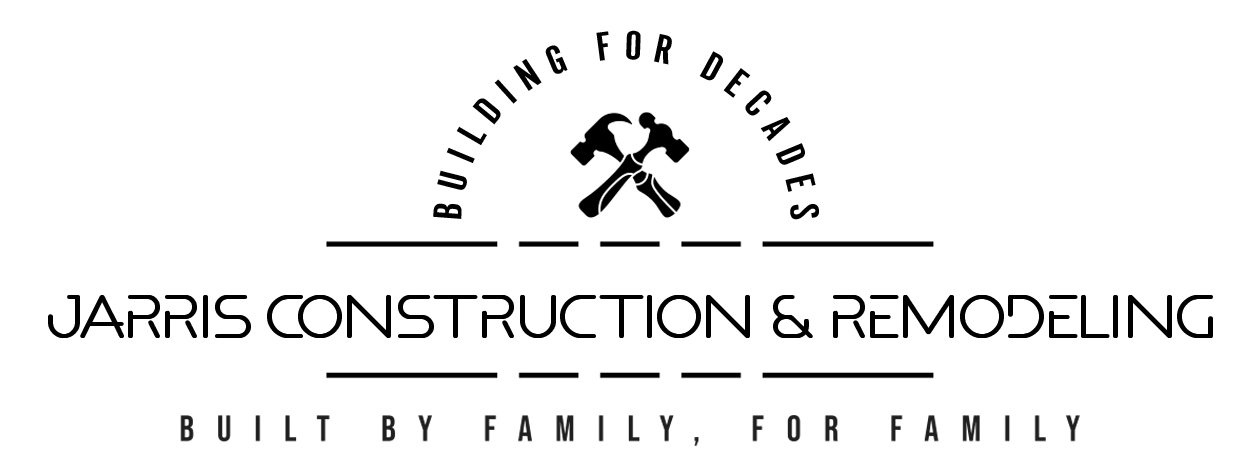5 Ways to Avoid Overpaying for Your Renovation
Renovating your home is exciting — but it’s also one of the easiest ways to overspend if you’re not careful. Many homeowners end up paying 20–30% more than they planned, often because of vague contracts, hidden costs, or lack of oversight.
The good news? With the right strategy, you can keep your renovation on track — and on budget. Here are five proven ways to avoid overpaying for your project.
1. Get Multiple, Itemized Bids
Don’t settle for the first contractor you talk to. Always request at least three quotes — and make sure they’re detailed. A proper bid should break down labor, materials, and overhead costs. You should be able to compare “apples to apples” between bids.
Pro tip: Watch out for vague “lump sum” bids. These often hide inflated costs that are hard to challenge later.
2. Verify Materials and Markups
It’s common for contractors to mark up materials anywhere from 20–50%. While some markup is reasonable, you should always know what you’re paying for.
Ask for receipts or supplier invoices whenever possible. For big-ticket items — like cabinets, flooring, or fixtures — consider sourcing them yourself. This can save thousands without sacrificing quality.
3. Use Clear, Written Contracts
Never rely on handshake agreements. Your contract should outline:
- Project scope
- Timeline and deadlines
- Payment schedule
- Change order process
Adding a “change order clause” ensures that any new work must be approved by you — with clear costs attached — before moving forward.
4. Budget for Hidden Costs (But Cap Them)
Surprises happen in every renovation — from outdated wiring to hidden water damage. That’s why experts recommend budgeting 10–15% extra for unexpected expenses. Better yet, expect the unexpected. A good contractor should prepare you for what to expect based on the age, size and location of your project.
But here’s the key: communicate that this contingency is for unexpected work. Otherwise, contractors may treat it as free money to pad the bill. No need to pay extra without getting extra.
5. Hire an Independent Advocate
Here’s the truth: contractors work for themselves, not for you. That’s where a construction consultant comes in.
A consultant acts as your independent advocate by:
- Reviewing bids to spot red flags
- Negotiating fair prices
- Monitoring progress and quality throughout the project
On average, homeowners who hire a consultant save 10–20% of total project costs — often far more than the consultant’s fee.
Final Thoughts
Renovations don’t have to be stressful or overpriced. By following these five steps, you’ll protect your budget, keep contractors accountable, and enjoy the home you’ve been dreaming of — without draining your wallet.
Want professional help reviewing your renovation plans? Book a free 45-min consultation and let’s make sure your project runs smoothly and affordably.
